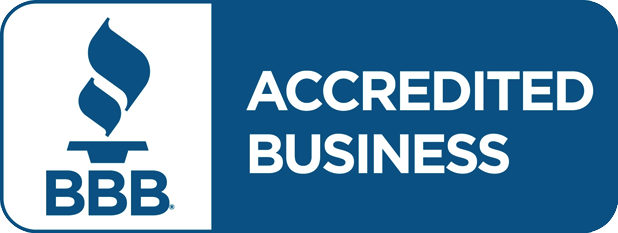Continuing education is crucial for nurses for maintaining nursing licensure and experiencing ongoing learning throughout one’s professional healthcare career. For some nurses, barriers to continuing education can stand in the way of this important facet of professional growth, the timely advancing of nursing skills, and career development. Both employers and individual nurses can contribute to increasing access and overcoming such barriers to learning.
Financial Barriers
For nurses struggling to make ends meet, put food on the table, repay loans, and survive in this complex 21st-century world, the cost and perceived inconvenience of engaging in continuing education can be daunting. Individual online courses and webinars can sometimes feel monetarily out of reach, and in-person conferences, retreats, and seminars more often than not involve travel expenses, including lodging, food, transportation, and incidentals.
Some nurses – especially those in two-earner households -- may be in relatively healthy financial shape and not perceive money as a barrier to ongoing learning; however, for others, times can be tight and worries about money can certainly be an issue that prevents the nurse from pursuing further learning.
Employer-Related Barriers
In certain healthcare workplaces, employers provide opportunities for staff education and professional development, some of which offer CEUs. Some learning experiences like grand rounds do not offer CEUs, yet are still excellent occasions for learning from valued colleagues.
Sadly, some institutions choose to leave clinicians to their own devices when it comes to amassing sorely needed continuing education credits, even when making sure that nurses fulfill their licensure obligations is in the best interest of both employers and employees.
For the above-mentioned nurses for whom finances are a challenging aspect of career-building, reliance on one’s employer for opportunities to earn CE credit can seem like an easy solution to a vexing problem. However, when faced with an employer who shirks any responsibility for staff education and re-licensure, nurses are on their own to find affordable chances to simultaneously obtain needed credits while increasing one’s personal store of clinical knowledge and skill.
Personal Barriers
On a personal level, other additional barriers may present themselves. For a nurse with a very full life, simply making the time to engage in extra learning can be a significant and burdensome challenge. Raising children, caring for elderly parents or infirm family members, practicing appropriate self-care, working long hours, and otherwise managing a busy lifestyle can be an intense enough journey without trying to learn and achieve sufficient CEUs.
There is always the option of finding cheap, low-quality online CE courses and skipping ahead to the post-test with barely a glance at the study materials, but this type of “learning” exercise is more like paying unconscientious lip-service to learning where the nurse is taking as many shortcuts as possible.
Other barriers may include lack of ambition, motivation, or personal values regarding learning, resentment at having to do such a thing at all, or choosing to play the “Russian Roulette” of not getting enough CEUs and praying that one avoid being randomly audited by the Board of Nursing.
So many things can thwart this process, and the busy nurse with multiple personal and professional responsibilities can very easily allow CE requirements to fall by the wayside.
Overcoming Barriers to Continuing Education
Finding high-quality online CEUs does not need to be a chore. NursingCE.com and other organizations offer plenty of quality learning coupled with ease of completion. Watching for special discount CE deals is smart, and these can allay financial concerns and get the job done.
Webinars can be a fun, interactive way to obtain credits. Professional journals may also offer their own brand of CEs. Additionally, joining a specialty nursing organization or state association can lead to various chances for CEs not available elsewhere.
An attitudinal adjustment by a resentful nurse can lift mental or emotional barriers to engaging in these types of activities. And on the employer or institutional side, reimbursing nurses for successfully completing CE credits is a lovely offer that can help nurse employees to feel supported by their facility in their continued earning while not costing the organization excessive amounts of money.
For nurses who enjoy live conferences, these events lend themselves to offering relatively large numbers of CE credits that can be achieved in just a few days of focused participation. Another potential benefit is combining an in-person conference with a vacation prior to or after the event.
In the end, the earnest, conscientious nurse must take personal responsibility for continuing education, and if employers, associations, and organizations pitch in along the way, all the better for everyone concerned.



